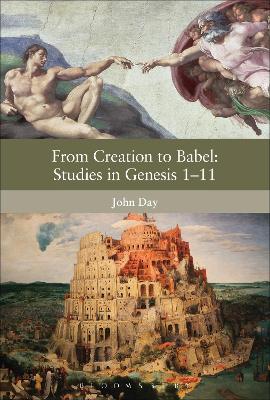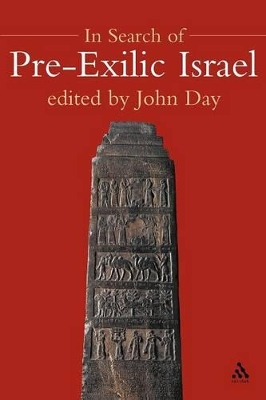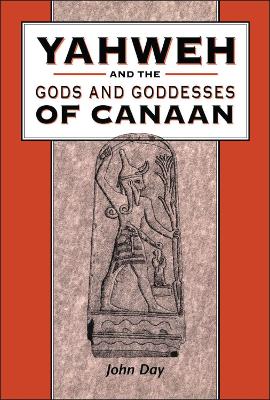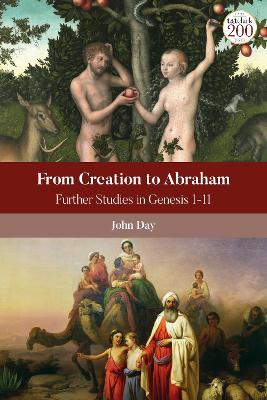The Library of Hebrew Bible/Old Testament Studies
4 total works
The stories of Genesis 1-11 constitute one of the better known parts of the Old Testament, but their precise meaning and background still provide many debated questions for the modern interpreter. In this stimulating, learned and readable collection of essays, which paves the way for his forthcoming ICC commentary on these chapters, John Day attempts to provide definitive solutions to some ofthese questions. Amongst the topics included are the background and interpretation of the seven-day Priestly Creation narrative, problems in the interpretation of the Garden of Eden story, the relation of Cain and the Kenites, the strange stories of the sons of God and daughters of men and of Noah's drunkenness and the curse of Canaan, the precise ancient Near Eastern background of the Flood story and the preceding genealogies, and the meaning and background of the story of the tower and city of Babel. Throughout this volume John Day constantly seeks to determine the original meaning of these stories in the light of their ancient Near Eastern background, and to determine how far this original meaning has been obscured by later interpretations.
In recent years there has been a tendency among certain scholars to claim that little can be known about pre-exilic Israel, because the Old Testament was only compiled in the post-exilic period (for example Philip Davies, Thomas Thompson, Neils Peter Lemche). One scholar (Lemche) has even claimed that the Old Testament is a Hellenistic work. The purpose of this book is to argue that this is an extreme and untenable position and that, though much of the Old Testament was indeed edited in the exilic or post-exilic period, many of the underlying sources used go back to the pre-exilic period. When critically analyzed these sources can shed much light on the pre-exilic period. This important work is the product of a team of seventeen international scholars, no fewer than five of whom are Fellows of the British Academy. None of the chapters has previously been published.
John Day investigates disputed points of interpretation within Genesis 1-11, expanding on his earlier book From Creation to Babel with 11 stimulating essays. Day considers the texts within their Near Eastern contexts, and pays particular attention to the later history of interpretation and reception history.
Topics covered include the meaning of the Bible's first verse and what immediately follows, as well as what it means that humanity is made in the image of God. Further chapters examine the Garden of Eden, the background and role of the serpent and the ambiguous role of Wisdom; the many problems of interpretation in the Cain and Abel story, as well as what gave rise to this story; how the Covenant with Noah and the Noachic commandments, though originally separate, became conflated in some later Jewish thought; and the location of 'Ur of the Chaldaeans', Abraham's alleged place of origin, and how this was later misinterpreted by Jewish, Christian and Islamic sources as referring to a 'fiery furnace of the Chaldaeans'. These chapters, which illuminate the meaning, background and subsequent interpretation of the Book of Genesis, pave the way for Day's forthcoming ICC commentary on Genesis 1-11.
Topics covered include the meaning of the Bible's first verse and what immediately follows, as well as what it means that humanity is made in the image of God. Further chapters examine the Garden of Eden, the background and role of the serpent and the ambiguous role of Wisdom; the many problems of interpretation in the Cain and Abel story, as well as what gave rise to this story; how the Covenant with Noah and the Noachic commandments, though originally separate, became conflated in some later Jewish thought; and the location of 'Ur of the Chaldaeans', Abraham's alleged place of origin, and how this was later misinterpreted by Jewish, Christian and Islamic sources as referring to a 'fiery furnace of the Chaldaeans'. These chapters, which illuminate the meaning, background and subsequent interpretation of the Book of Genesis, pave the way for Day's forthcoming ICC commentary on Genesis 1-11.



